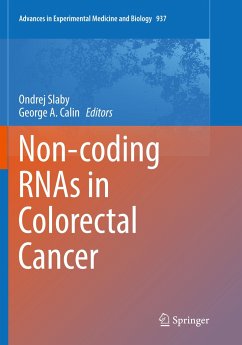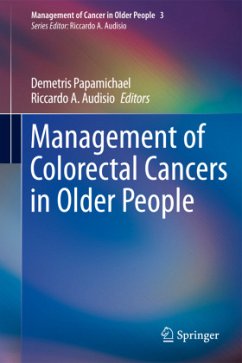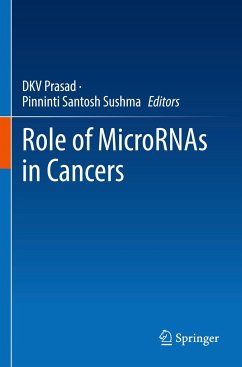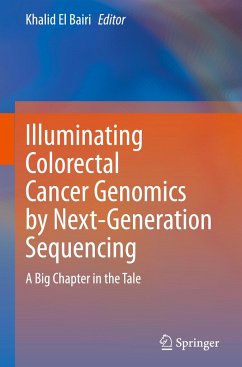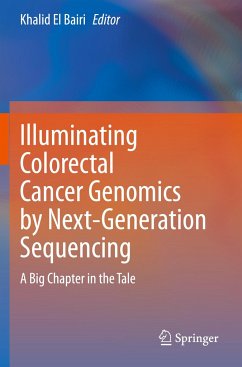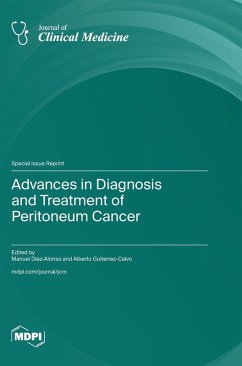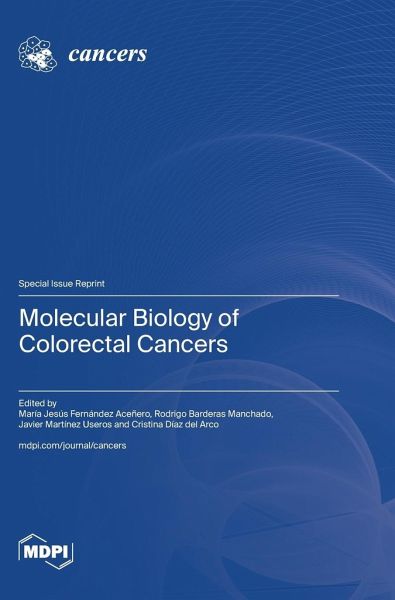
Molecular Biology of Colorectal Cancers
Versandkostenfrei!
Versandfertig in 1-2 Wochen
80,99 €
inkl. MwSt.

PAYBACK Punkte
40 °P sammeln!
Colorectal cancer (CRC) was one of the first tumors in which the molecular mechanisms of carcinogenesis were investigated and confirmed. We now recognize that tumors appearing identical under microscopic examination exhibit molecular differences, and this explains the diverse patient outcomes commonly encountered in clinical practice. Despite their similar appearance, cancers are inherently distinct. However, even in the era of molecular medicine and targeted therapies, the majority of patients with metastatic CRC ultimately succumb to the disease, experiencing a diminished quality of life and...
Colorectal cancer (CRC) was one of the first tumors in which the molecular mechanisms of carcinogenesis were investigated and confirmed. We now recognize that tumors appearing identical under microscopic examination exhibit molecular differences, and this explains the diverse patient outcomes commonly encountered in clinical practice. Despite their similar appearance, cancers are inherently distinct. However, even in the era of molecular medicine and targeted therapies, the majority of patients with metastatic CRC ultimately succumb to the disease, experiencing a diminished quality of life and a significant number of years of potential life lost. This is especially true as younger individuals increasingly fall victim to this illness. Much remains to be understood regarding the mechanisms contributing to the carcinogenesis and temporal evolution of CRC. This Special Issue is dedicated to recent research exploring the molecular mechanisms underlying CRC, encompassing multi-omics analyses and environmental interactions with diagnostic, prognostic, or predictive value. A fascinating world is open to research, and we hope to shed further light on the biology of this common yet still lethal tumor. We are delighted to embark on this journey with our colleagues, as today's scientific progress relies on collaboration between clinicians and basic scientists. We hope you enjoy this Special Issue.



